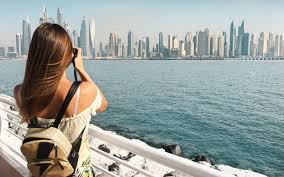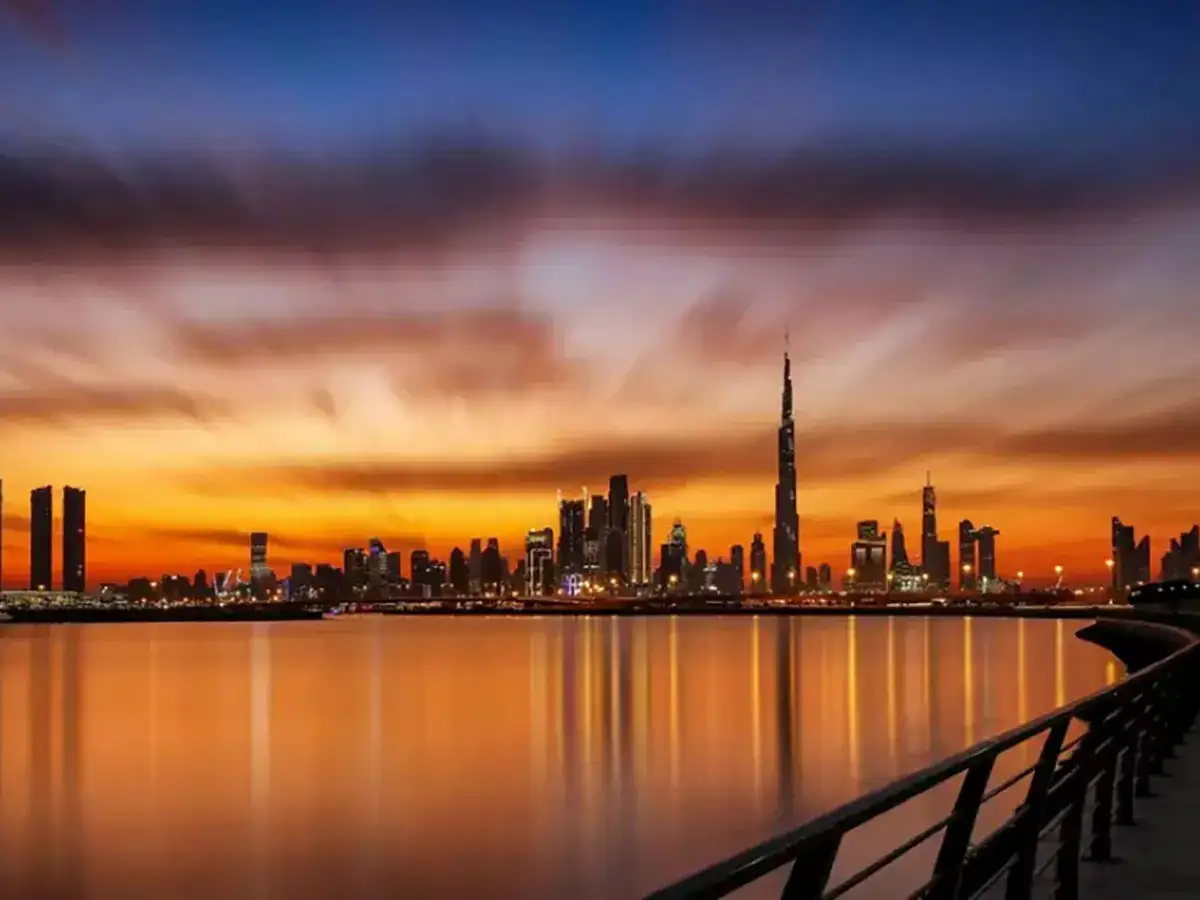Now Reading: “Dubai Launches Smart City Innovations: What It Means for You 2025!”
-
01
“Dubai Launches Smart City Innovations: What It Means for You 2025!”
“Dubai Launches Smart City Innovations: What It Means for You 2025!”
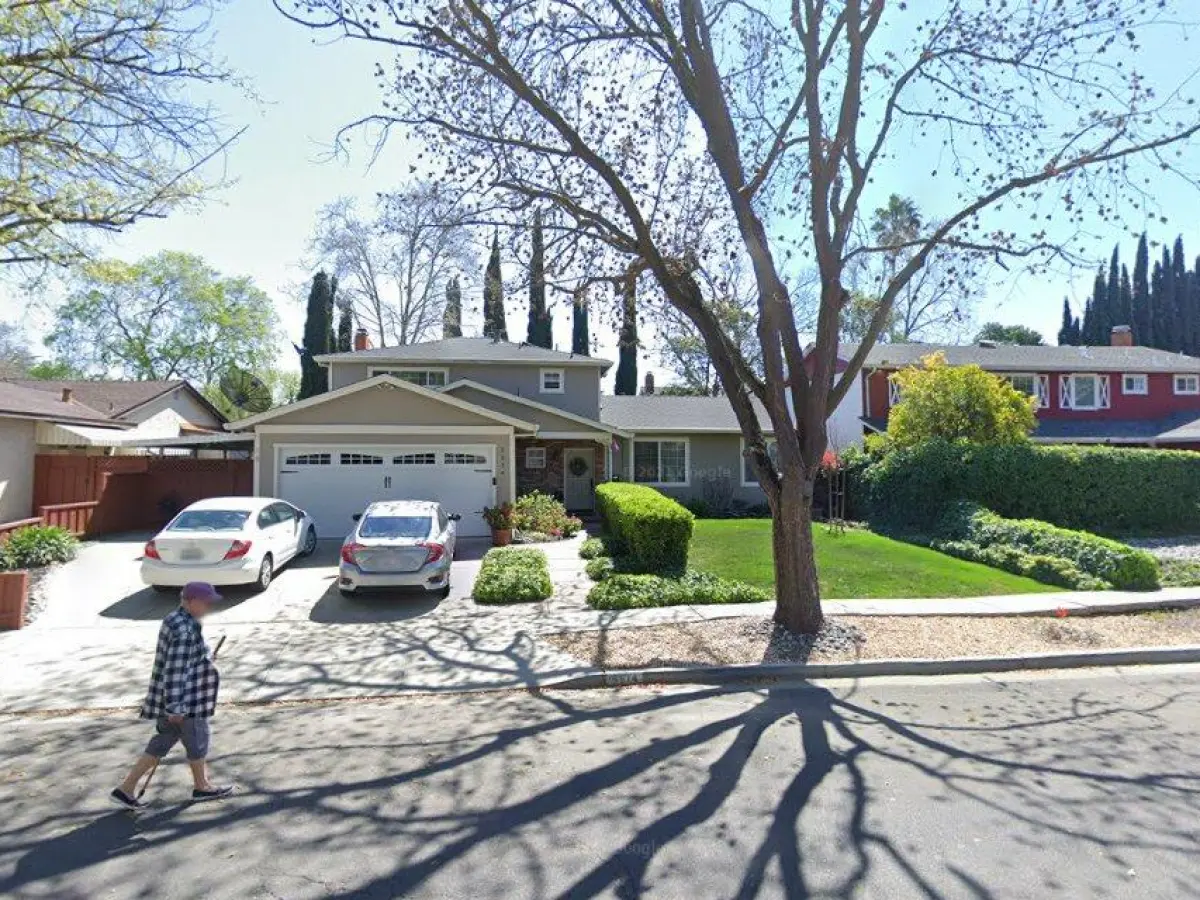
Dubai has always been known for its towering skyscrapers, luxury lifestyle, and futuristic vision. But now, it is also leading the way in becoming one of the smartest cities in the world. Through a series of “Dubai Smart Initiatives”, the city is transforming its services, infrastructure, and environment to make life easier, safer, and more efficient for its residents and visitors.
In this article, we explore how Dubai’s government is using technology, innovation, and sustainability to create a smarter, more connected future.
What Are Dubai Smart Initiatives?
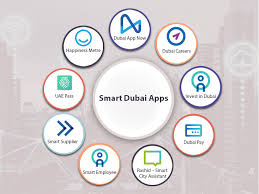
Launched in 2014 by His Highness Sheikh Mohammed bin Rashid Al Maktoum, the Dubai Smart City strategy is designed to make Dubai the happiest and smartest city on Earth. The plan focuses on six main sectors:
- Smart Economy
- Smart Living
- Smart Environment
- Smart People
- Smart Governance
- Smart Mobility
Each of these areas is powered by digital transformation tools like Artificial Intelligence (AI), Big Data, Blockchain, and the Internet of Things (IoT). The main goal is to improve public services, reduce pollution, save energy, and make life more convenient for everyone.
Key Smart Initiatives Driving Change
1. Dubai Paperless Strategy
One of the most famous parts of Dubai’s smart plan is the Dubai Paperless Strategy. Since 2021, all Dubai government departments stopped using paper completely. This saves more than 1.3 billion dirhams and 14 million hours every year.
Residents can now pay bills, renew visas, get official documents, and even file police reports through mobile apps or online portals without needing to visit any government office. This has made public services faster, easier, and more eco-friendly.
2. Smart Dubai Platform (SDP)
The Smart Dubai Platform serves as the city’s central data hub. It collects, analyzes, and shares data from various government and private organizations. This helps in improving traffic, healthcare services, energy use, and even tourism.
For example, real-time data from the platform allows smart traffic lights to manage car flow more efficiently, reducing jams and travel times for drivers.
3. Dubai Blockchain Strategy
Dubai aims to become the first city in the world to fully operate on blockchain technology by 2030. This will make transactions safer, faster, and transparent for both government services and private businesses.
Important services like property sales, business licensing, and identity verification are now being handled via blockchain platforms, reducing fraud risks and paper processing.
4. Smart Transportation
Dubai is also leading in smart transportation solutions. The city plans to have 25% of all transport autonomous (self-driving) by 2030. Projects include:
- Autonomous Air Taxis: Flying taxi trials have already taken place, offering the promise of quick, driverless air travel around the city.
- Hyperloop: A super-fast train project connecting Dubai to Abu Dhabi in 12 minutes is under development.
- Smart Parking Systems: Mobile apps guide drivers to empty parking spots, saving time and reducing traffic stress.
5. Smart Energy and Sustainability
Dubai is committed to building a greener future. The city has launched smart energy programs such as:
- Dubai Clean Energy Strategy 2050, targeting 75% clean energy use.
- Smart Grids that let homes and businesses track and reduce their power use.
- Green Buildings Standards, making sure new buildings use water and electricity efficiently.
The Mohammed bin Rashid Al Maktoum Solar Park, one of the world’s largest solar energy projects, is part of this plan.
6. Smart Healthcare Services
Dubai Health Authority (DHA) is using telemedicine platforms, AI diagnosis tools, and e-health records to improve medical services. Patients can now book appointments, receive virtual consultations, and access their health records through mobile apps.
During the COVID-19 pandemic, smart health tools played a huge role in managing testing, vaccination, and health awareness programs.
The Impact on Residents and Tourists
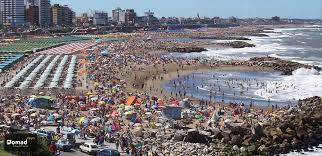
These smart initiatives are not just for government agencies—they directly benefit residents, tourists, and businesses. Examples include:
- Faster Visa Processing: Get your tourist or work visa approved online within minutes.
- Smart City Apps: Use apps like “DubaiNow” to handle over 130 government and private services, from paying traffic fines to renewing car registrations.
- Safe and Clean Environment: With smart waste management and reduced emissions, the city remains clean, green, and safe.
Challenges and the Road Ahead
While Dubai’s Smart City vision is ambitious, it also faces some challenges:
- Cybersecurity risks: As more data moves online, protecting personal information is critical.
- Digital Inclusion: Ensuring that senior citizens and low-income residents can also use digital services remains important.
- High Costs: Some smart projects need large investments and careful management.
Still, Dubai remains determined to reach its goal of becoming the smartest city in the world by 2030.
Conclusion
Dubai’s Smart Initiatives are already changing the way people live, work, and travel in the city. With an increasing focus on technology, sustainability, and efficiency, Dubai is offering a model that other cities across the globe may soon follow.
Whether it’s flying taxis, paperless services, or smart healthcare, the city is proving that the future is not far away—it’s already happening in Dubai.
Read More:- Shobha Realty Launches Its Most Luxurious Project Yet—Full Details Inside 2025



